News Search
Welcome to our News Search. You have arrived here because you have searched a category, tag, year, or month. Below you can find the results of your search. Alternatively, you can return to the News Page using the button.
Filter by:
Tag
- Additional Support Needs
- Art
- Australia
- Best Practice
- Best Practice in Dementia Care
- CEDAR
- Care
- Carers
- Carers Hub
- Changes in Presentation
- Community
- Consultancy
- Delirium
- Design
- EADDAT
- Events
- Housing
- International
- Japan
- LGBTQ+
- Life Story
- Meaningful Engagement
- News
- Policy
- Product Accreditation
- Research
- Scotland
- Signage and Wayfinding
- Sweden
- Technology
- Training
- University of Stirling
- Young Onset Dementia
- care
Month
- February 2026
- January 2026
- November 2025
- October 2025
- September 2025
- August 2025
- July 2025
- June 2025
- May 2025
- April 2025
- March 2025
- February 2025
- January 2025
- December 2024
- November 2024
- October 2024
- July 2024
- May 2024
- April 2024
- March 2024
- January 2024
- November 2023
- July 2023
- June 2023
- May 2023
- April 2023
- February 2023
- January 2023
- September 2022
- August 2022
- July 2022
- June 2022
- May 2022
- April 2022
- February 2022
- November 2021
- October 2021
- September 2021
- October 2020
- September 2020
- July 2019
- June 2019
- April 2019
- March 2019
- February 2019

Transformation of a private residence into a dementia-friendly apartment
Over the last ten years, the Dementia Services Development Centre (DSDC) at the University of Stirling, has had the privilege of working with the Stewart Family to support the use of non-pharmacological interventions for Lady Helen Stewart, wife of F1 World Champion, Sir Jackie Stewart OBE. Lady Helen was diagnosed with a dementia in 2014, and the Stewart Family have strived to provide Lady Helen with interventions that support her to maintain independence as her dementia progresses.
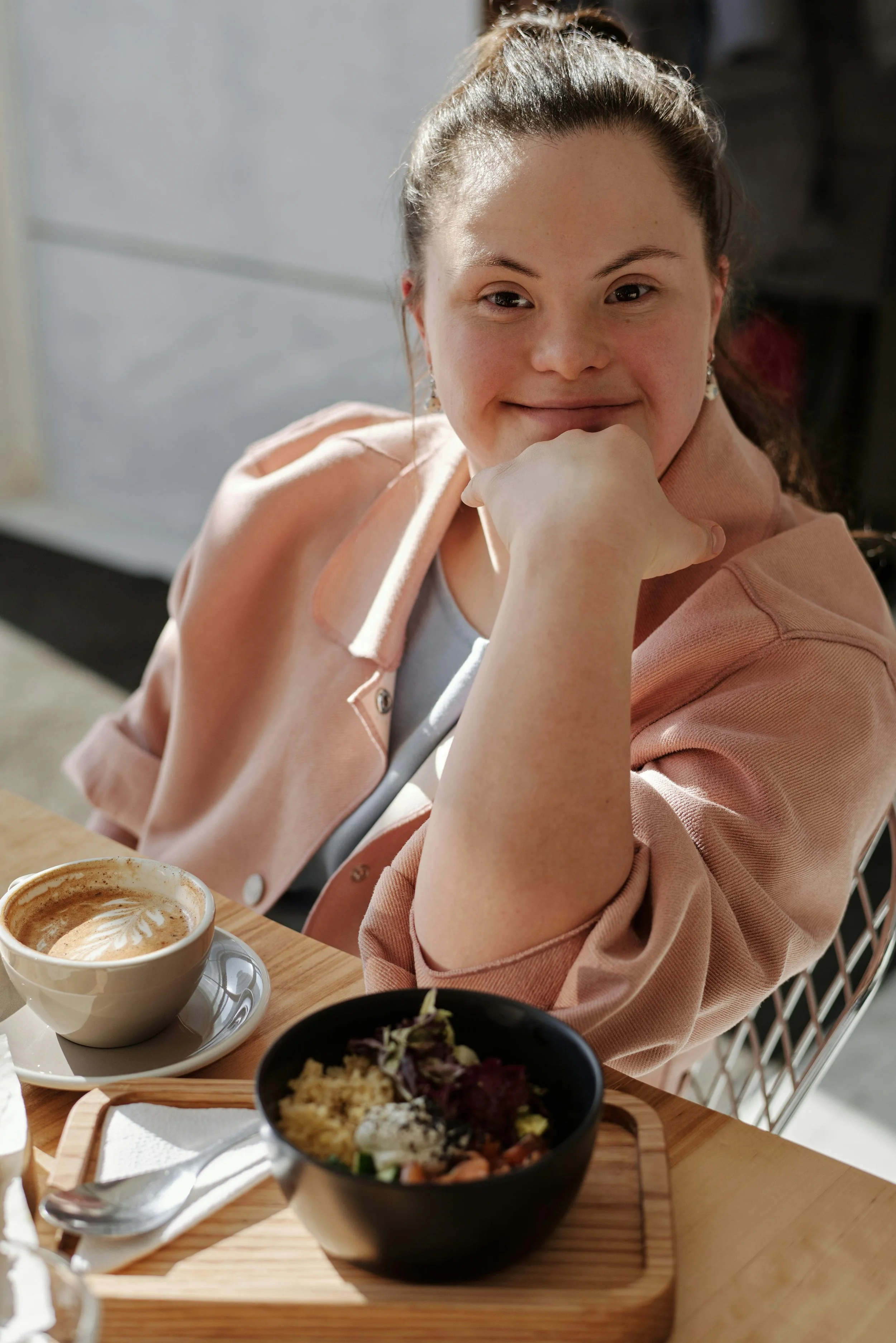
Learning Disability and Dementia
Watch Professor Karen Watchman’s webinar on Learning Disability and Dementia.
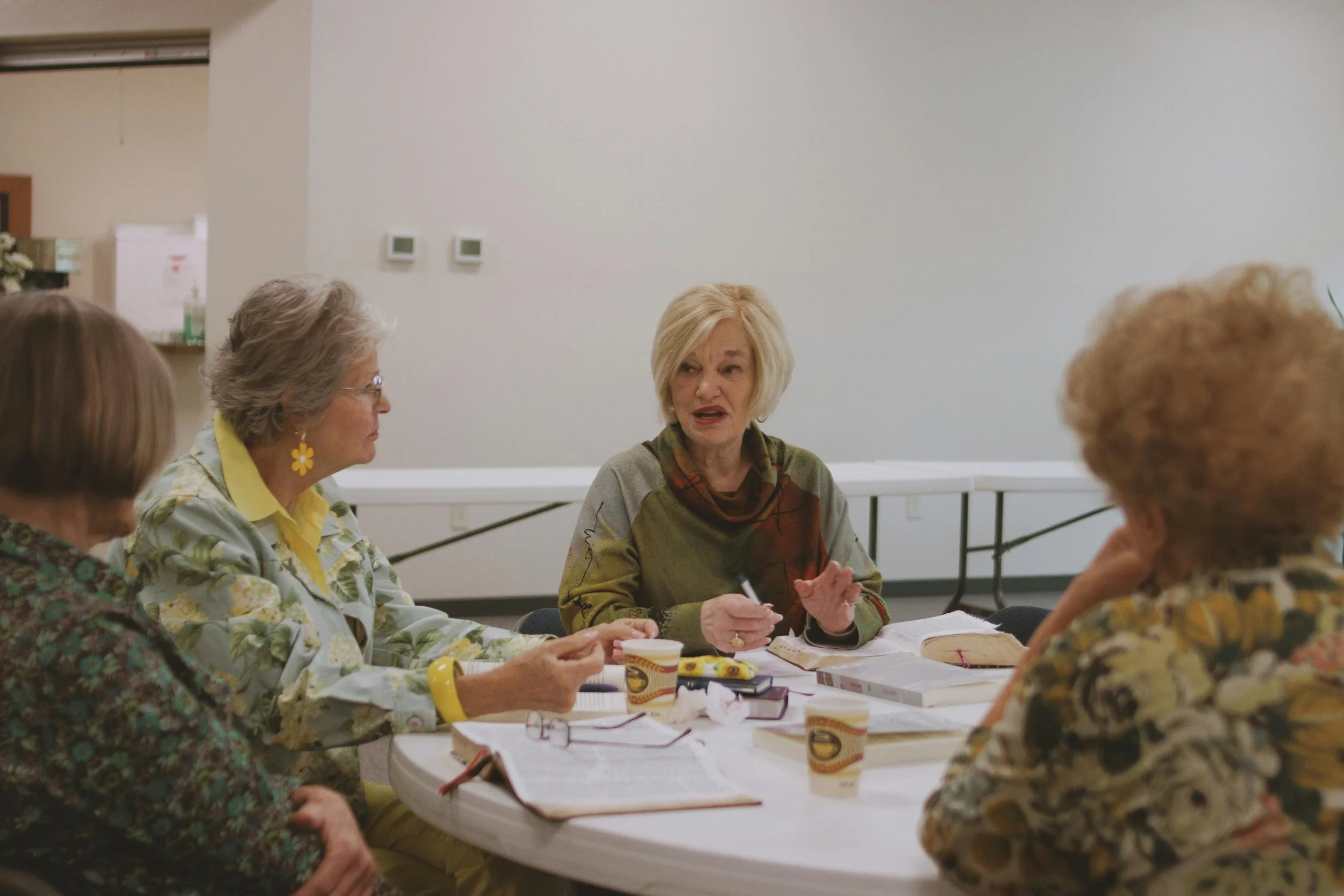
In-person workshop on technology and living well with a dementia
We would like to invite people with lived experience of a dementia to take part in an in-person workshop at the University of Stirling focused on how technology can better support people living with dementia and those who care for them.
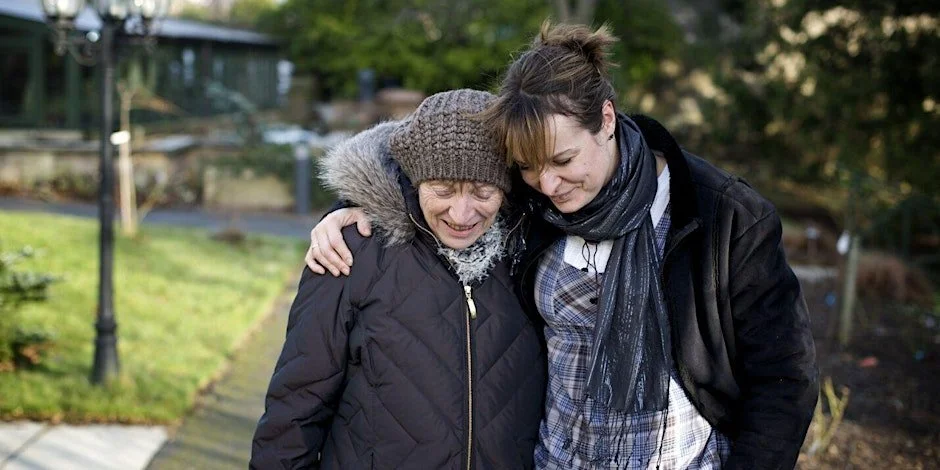
Meaningful Connection & Engagement in Person-Centred Dementia Care
Effective dementia care training begins with a fundamental shift in perspective: moving from task-focused routines to person-led approaches that prioritise meaningful connection. This isn't simply about being kind—it's about developing specific skills and understanding that transform how we engage with people living with a dementia.

IMPACT Team Scotland
The Scottish IMPACT team are based at the University of Stirling and support projects across Scotland including two current projects that are working with organisations that support people with dementia.

Scaling home designs for healthy cognitive ageing: a realist evaluation perspective
The University of Stirling is pleased to share a new open-access article. Developed through the DesHCA research project (Designing homes for healthy cognitive ageing), the paper presents an empirically grounded theory of change for scaling cognitively supportive home design.
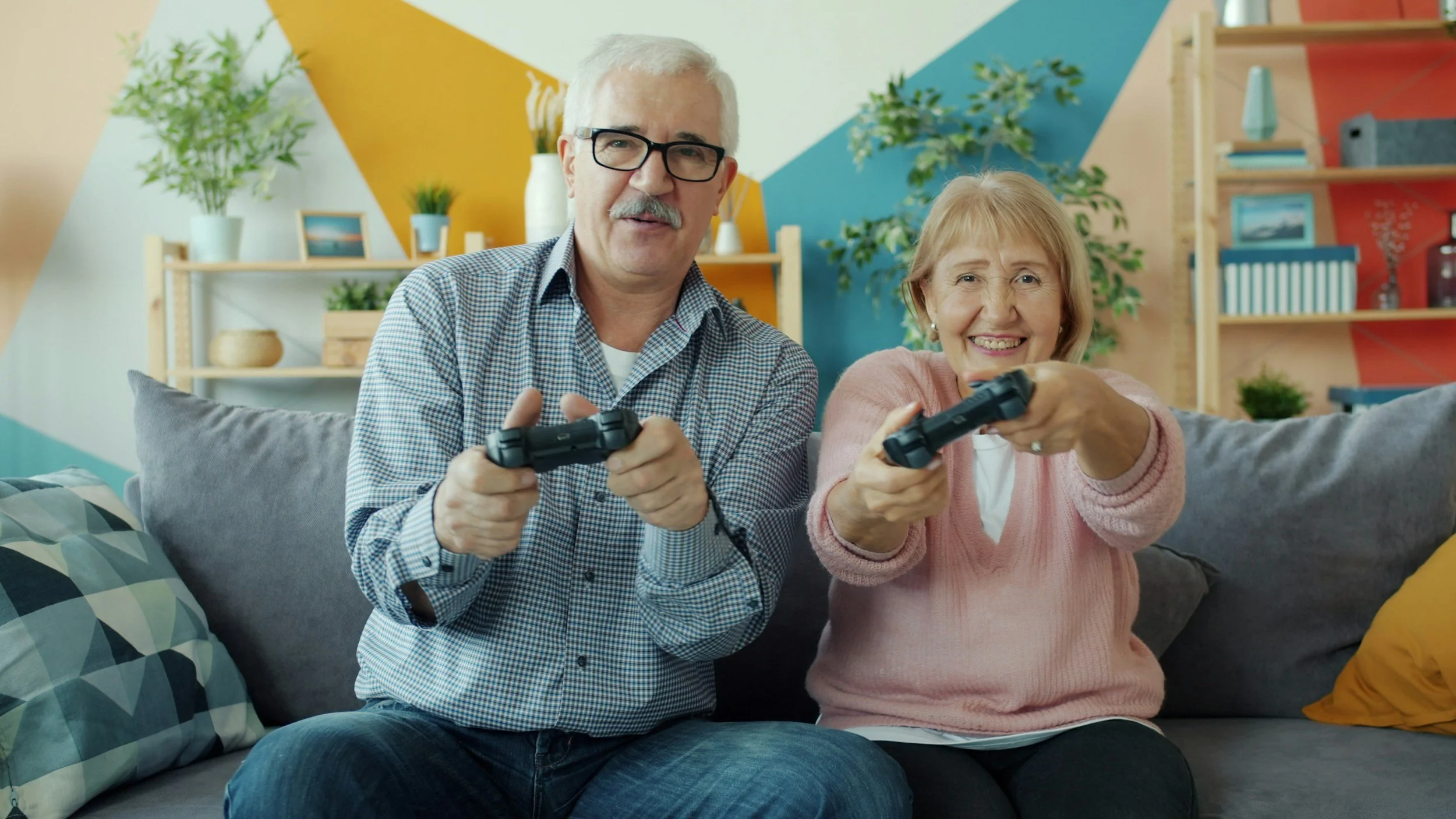
Gaming and the over 65’s
Digital/video games are big business. In 2024, the video games industry was reportedly worth almost USD$300 billion globally, with an estimated 3.2 billion players worldwide. The consumer base of the gaming market is becoming increasingly diverse, with women now making up an estimated 48% of players. However, most gamers remain young, for example adults aged 65+ make up just 6% of the player population in the US.

“I want people to see me, not my dementia”
A Stirling woman is making it her mission to bust the myths surrounding dementia – and her journey has just earned her a national award. Joan Lyon, 75, was diagnosed with Alzheimer’s three years ago after her sister picked up Joan’s lapses in memory. Since then, she has not only maintained her independence – including living on her own – but she has used her diagnosis for the good.
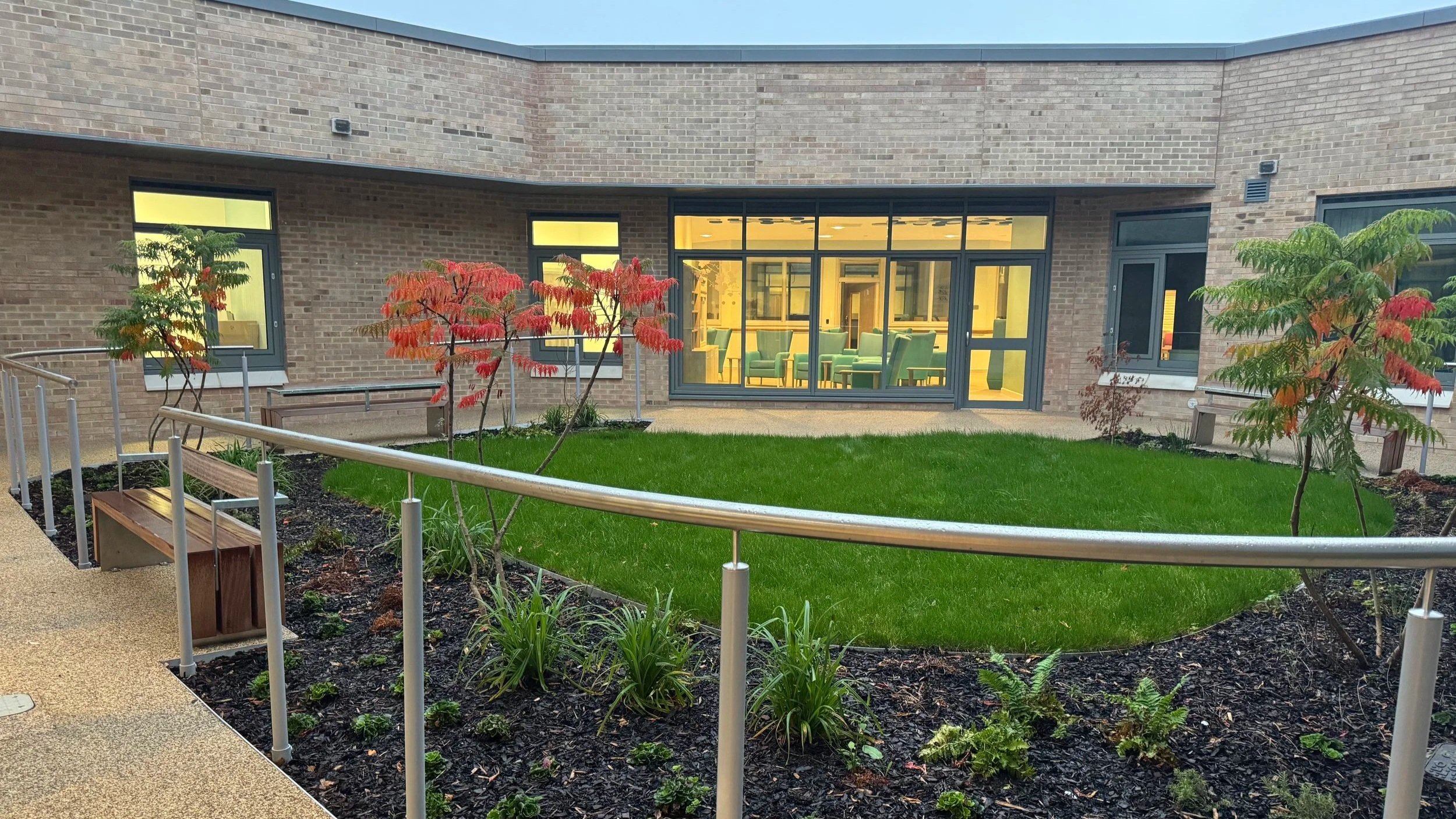
Gold for North View (Blossom Ward)
Congratulations to North View (Blossoms Ward) for their Gold Audit Accreditation!

Participatory Approaches in Dementia Policy and Practice
We are excited to launch a new online course to help you develop skills in co-production and participatory approaches. The course has been created for people and organisations in any sector who are supporting people with dementia and their families and will equip you with the know-how to work collaboratively with people with dementia and their supporters to improve care and support.

Strengthening Education in Dementia-Inclusive Design: The ADEPT Study
As populations age, the environments in which we live, work, and receive care increasingly determine wellbeing and independence. Thoughtful design can support orientation, autonomy, and dignity for people living with a dementia - yet these insights still struggle to reach mainstream professional education.

Palliative Care Needs Rounds Webinar
In the UK, many care home residents face their final months without the vital support of hospice teams – which can lead to unnecessary distress for them and their families. But it doesn’t have to be this way.

Finalists - Great British Care Awards (Scotland)
DSDC is thrilled to share that we are finalists in TWO categories for the Regional Great British Care Awards 2025! We have been nominated within the categories of Workforce Development Award and Co-Production Category.

How and why do Needs Rounds work?
In the UK, many care home residents face their final months without the vital support of hospice teams – which can lead to unnecessary distress for them and their families. But it doesn’t have to be this way.

Volunteers Needed - Products in Dementia Care
We all use hundreds of products every day and often give little thought to the specific design of them or the impact it can have on our daily living, for example from flooring and lighting through to cutlery and cars. Some products we don't even use for their initial intended purpose.
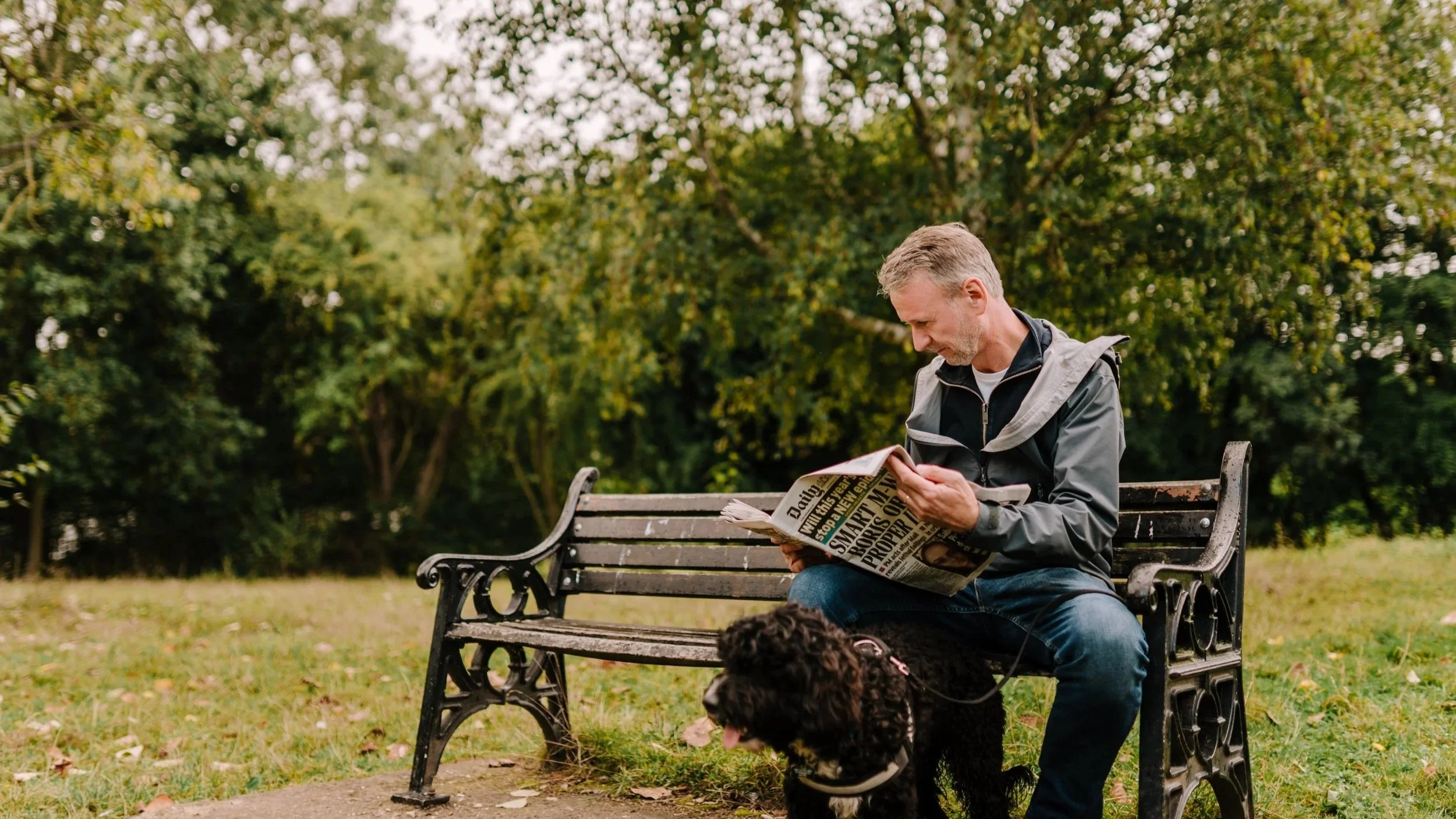
Dementia and Rehabilitation: Let’s Change Our Perspective
In response to the Alzheimer’s Disease International Report 2025 - Reimaging life with dementia - the power of rehabilitation. Our Senior Dementia Consultant Dave Wilson-Wynne brings together some of the recommendations and explores, what rehabilitation in dementia really means for us.

September challenge
This World Alzheimer's Month, how do you plan on making a difference? How will you challenge stigma and create a more inclusive place for people living with a dementia? Let us help you!

Chosen Family Networks
Not all individuals have the ‘traditional’ family network; many people rely on their ‘chosen families’, particularly those in the LGBTQ+ community. This may sound like a simple piece of information, but when you look at the research and what happens in practice, we see that often chosen families aren’t always included in discussions or planning, which can have serious consequences for individuals.

Implementing Best Practice in Kenya
In 2024 DSDC had the privilege to train a group of Catholic Sisters, from various international locations, in the Best Practice in Dementia Care Learning Programme. The training was part of an initiative funded by the Cognitive Impairment Project of the Anna Trust which works to support those in particularly vulnerable contexts, through healthy ageing and the provision of long-term support. Without the Cognitive Impairment Support Grant this project would not have been possible. This project is particularly interesting as the sisters were implementing the programme across a range of cultural settings, each presenting a range of challenges through from geographical to cultural understanding/stigma.


